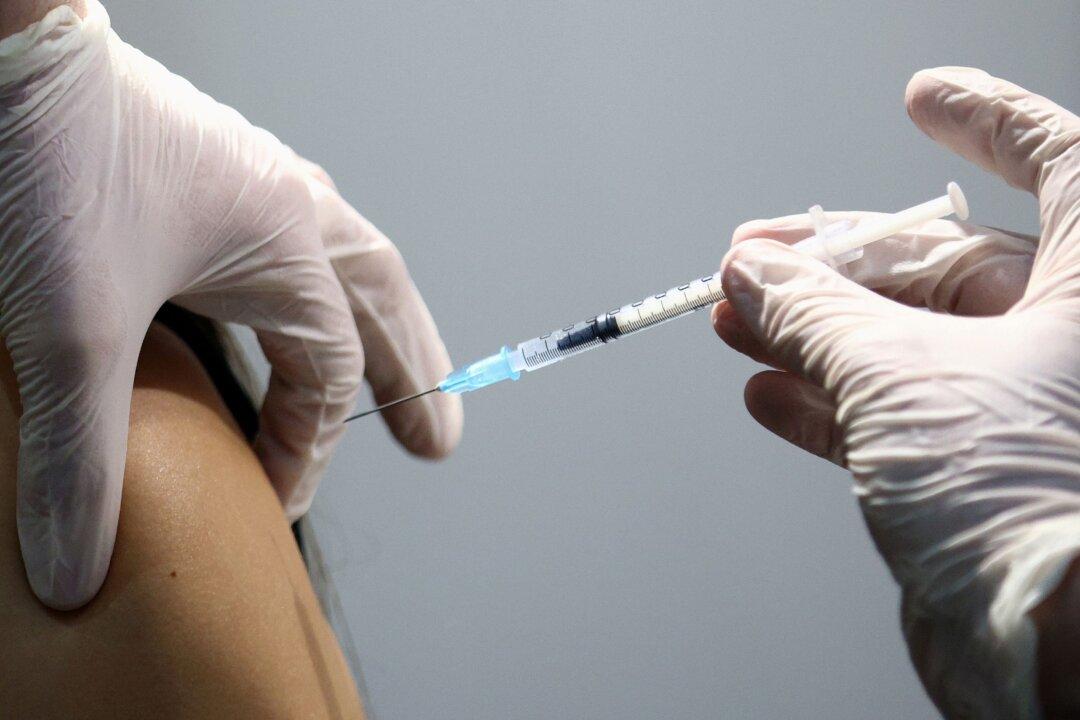Acting Premier James Merlino said the funds would help establish a facility able to manufacture coronavirus vaccines, such as those produced by Pfizer and Moderna, in Melbourne.
He said mRNA vaccines, which contain genetic code from a virus rather than the virus itself, are highly effective and can be manufactured quickly, cheaply and safely.
“Twelve months ago would have been the best time to have done this, but the next best time is right now,” he told reporters on Wednesday.




